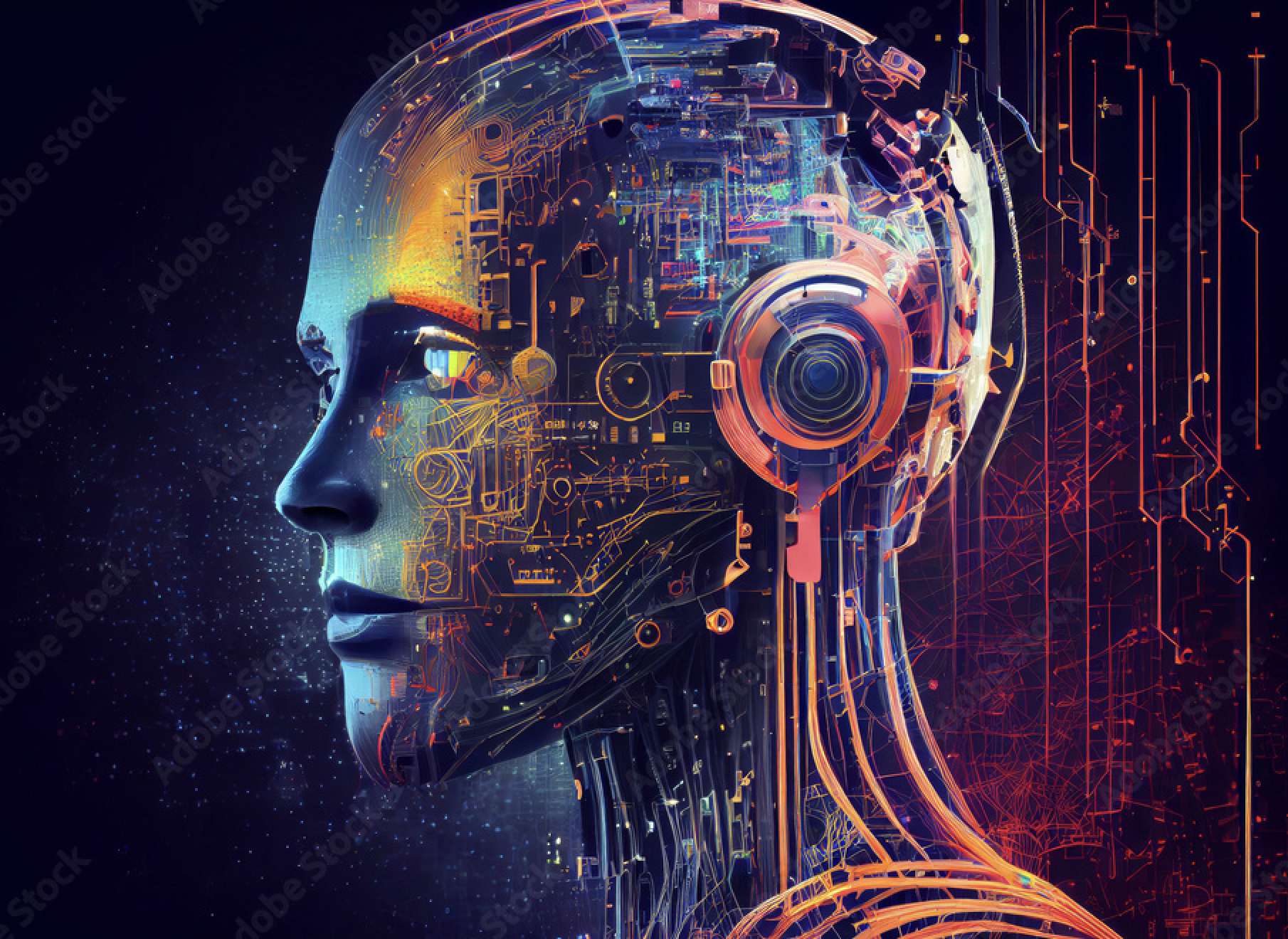As the fervor around artificial intelligence hits fever pitch, no industry that’s escaped the hype. And, while the events industry is less vulnerable to AI-related disruptions due to the more bespoke nature of the business, there’s plenty of opportunity to deploy this emerging technology effectively.
Over the next year, event marketers will be defining the role of AI in event marketing in real-time. There will be experiments, leading to learnings and process improvements that will enhance the guest experience and create better outcomes across the board.
However, as event marketers embrace this new wave of technology, there are understandable concerns about its potential impact on human creativity.
So what’s the proper role of AI in event marketing? Let’s dive in.
The upsides: Enhanced creativity and accelerated execution
AI’s ability to harness vast amounts of data and derive meaningful insights is a game-changer for event marketers. By analyzing past event data, social media interactions, and attendee feedback, AI can provide invaluable insights into audience preferences and behaviors. This data-driven approach allows marketers to craft personalized event experiences tailored to individual attendees.
For instance, AI-powered analytics can help identify specific interests and preferences, enabling organizers to create events that resonate deeply with their target audience. Real-world examples, like a music festival utilizing AI data to curate personalized lineups for attendees, showcase the power of AI in enhancing creativity.
Another upside to AI in event marketing is streamlining repetitive tasks with AI’s automation capabilities, freeing up valuable time to focus on impactful creative strategies. Chatbots, for instance, can handle attendee questions, route questions to the right person, and event assist with registrations. With AI providing on-demand customer service, event organizers can concentrate on conceptualizing engaging and immersive experiences.
Those same chatbots can be integrated into interactive elements of the experience. These interactive AI exhibits can use natural language processing to engage attendees in dynamic conversations, simulating human-like interactions and creating memorable touchpoints that enhance the overall guest experience.
There’s also a massive upside when it comes to personalization. Since every attendee has a mobile phone, the next-generation of interactivity can leverage AI to analyze attendee behavior and preferences in real-time. As exhibits adapt and personalize content based on individual interests, they become more engaging, interesting, and shareable — thus augmenting the event’s reach organically on social media.
This combination of data-driven insights, process automation and personalization sets the stage for event marketers to think outside the box and develop fresh tactics to captivate audiences in novel and compelling ways.

The potential pitfalls: recycled content and “lazy” creativity
Despite its numerous advantages, there are potential pitfalls associated with AI’s impact on creativity.
One major concern is the risk of over-reliance on AI-generated content. As AI algorithms churn out content, there is a danger of losing the authentic human touch that makes events truly unique and memorable. And since that same AI could be generating ideas for other events, there’s the risk of recycled content that’s hollow and without emotional resonance.
For instance, an event relying heavily on AI-generated social media posts might struggle to connect emotionally with attendees, leading to disengagement and a lack of authenticity. That’s doubly true with younger generations, who are always online and quick to sense inauthentic content.
Another challenge is maintaining originality in event marketing. AI can analyze existing trends and patterns to generate suggestions, but this could inadvertently lead to a homogenized approach, where events appear repetitive and lack novelty. This leads to “lazy” creativity, where marketers save time on content creation but sacrifice quality.
Event planners must strike a delicate balance between leveraging AI-generated ideas and preserving their creative vision to ensure each event stands out in its own right. Otherwise, there will be a swift and obvious impact on the ultimate ROI of the event.
Finding the sweet spot
The key to maximizing the benefits of AI while preserving human creativity lies in viewing AI as a tool rather than a replacement. AI-generated insights and recommendations can serve as inspiration for human designers and marketers to push the boundaries of creativity.
For example, event branding and visuals can be enhanced by using AI-generated data to identify popular color palettes or design elements, which designers can then incorporate into their work to create unique and captivating visuals.
To foster a culture of innovation, companies can encourage collaboration between their marketing teams and AI experts. This cross-disciplinary approach allows marketers to explore new and unconventional ideas that may not have been apparent without AI’s analytical capabilities. As collaborations between marketers and technologists evolve to include events that combine virtual and augmented reality technologies, these immersive experiences that captivate attendees in unprecedented ways.
It’s important to not also lose sight of human capacity for storytelling. Creativity shines through when events focus on emotional connections and storytelling. These are the elements that AI certainly cannot deliver as well as experienced event marketers who understand nuance and storytelling.
Human storytellers will continue to play a crucial role in crafting narratives that resonate deeply with audiences. Moving forward, the best experiential marketing events blend AI-enhanced interactive elements with human-driven, emotionally-engaging stories that resonate with attendees and leave them with lasting memories.
It’s all about balance
Like most things in life, harmony requires balance. AI technology undoubtedly brings significant benefits to the event marketing industry, enhancing efficiency and providing data-driven insights. However, its impact on human creativity must be carefully managed to ensure that events maintain their authenticity, originality, and emotional appeal.
By using AI as a supportive tool rather than a replacement, event marketers can harness its power to inspire and augment their creative visions. Striking the right balance between AI and human creativity will undoubtedly lead to more innovative and memorable event experiences, creating a win-win scenario for organizers and attendees alike.
As the event marketing landscape continues to evolve, embracing AI while preserving the human touch remains the key to success in striking the right balance between AI assistance and human ingenuity.

